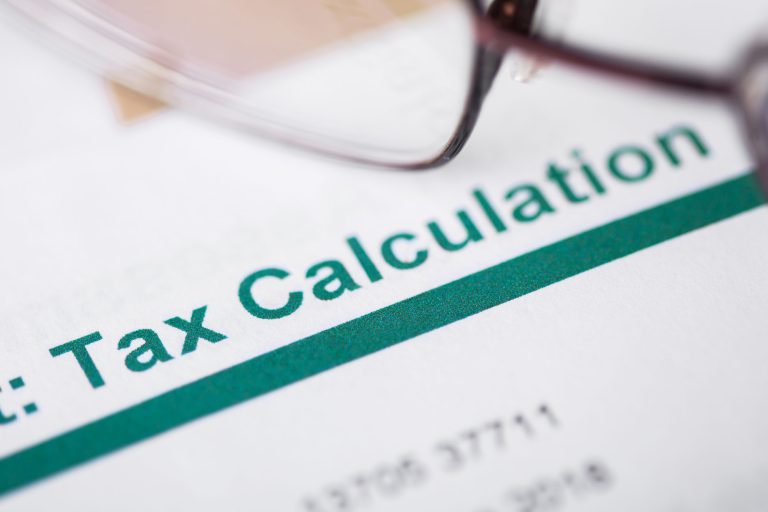Following a cost of living crisis spanning almost two years, the rate of inflation has dropped to 3.9%. This is still relatively high, considering the Bank of England’s target is 2%. But having seen rates of over 11% in recent memory, there are strong indications that price increases are returning to more normal levels.
Inflation affects much more than the cost of goods. Below, we look at how falling inflation could impact your financial plans.
Spending
The most obvious impact of falling inflation is that the price of goods and services should stop spiraling out of control.
This does not mean that prices will go down, or even that they will remain the same. It simply means that your shopping basket might be 3% – 4% more expensive by this time next year, compared with 10% – 11%.
Inflation is not evenly distributed, and some households will be impacted more than others. Energy and food costs contributed massively to the inflationary spike, which means that families spending more of their income on these essentials would have been more affected. While energy costs have reduced somewhat, government support has been scaled back, which means that many households will actually pay more towards their bills. Overall, food costs have risen by 9.2% since December 2022 even if some individual items have gone down in price. Petrol costs have reduced, which will benefit motorists but not necessarily those reliant on public transport.
It’s also important to note that not everyone’s income has kept up with inflation. This means that even if inflation and pay increases return to normal levels, some families’ finances will already be under pressure.
So, while falling inflation is positive, it may take some time before this filters through to your household budget.
Interest Rates
Central banks, i.e. the Bank of England, aim to keep inflation under control through monetary policy. An important part of this is by managing interest rates. In theory, higher interest rates should help to curb inflation as more people will save and invest and it will become more difficult to borrow. This means less free money circulating in the economy and less demand for goods and services.
With inflation now returning to reasonable levels, it is likely that interest rates will be maintained for a while and eventually cut. Following over a decade of negligible returns on cash, savers have seen a reasonable boost to interest rates in the last couple of years. This is unlikely to continue at the same level.
Generally, interest rates are lower than inflation. Cash is the ideal option for emergency funds and short-term savings, but it is unlikely to hold its value for the longer term.
Falling interest rates should also lead to borrowing becoming more affordable. It may be worth shopping around for the best rates on mortgages or loans.
Investing
Inflation can have an effect on your investments, although it is not always straightforward.
When inflation rises, this can cause bond yields to increase. However, existing bond prices can become volatile as investors sell in favour of cash (for greater stability) or equities (for higher potential returns).
The impact on equities depends on the type of stock. For example, stable companies paying strong dividends tend to thrive in a high or rising inflationary market. Companies which invest and borrow to stimulate growth may be negatively impacted.
Market movements are not always simply down to what is happening in the economy, but what investors expect to happen. Volatility tends to occur when things are uncertain or changing quickly.
This means it is very difficult to predict which investments will do well at any given time. Regardless of inflation rates or other economic factors, holding a diversified portfolio offers the best chance of success.
Retirement Planning
If your pension is linked to inflation, falling rates could impact your retirement income. This includes the State Pension, although the triple lock provides additional protection.
Rising inflation is a greater risk in retirement planning. If costs rise more quickly than expected, you may need a larger pension pot to provide a comfortable standard of living. It’s a good idea to build in realistic inflation assumptions when planning for retirement.
What Happens if Prices Fall?
Modest inflation indicates prosperity and a thriving economy. While lower prices can be a good thing, if this happens across the economy for a sustained period, it is known as deflation.
This means that supply of goods and services exceeds demand. Businesses may find that their sales and profits are impacted, which can also have an impact on employment. Deflation is a key indicator of impending recession.
How to Deal With Inflation
Periods of high inflation, low inflation, and deflation are all part of the normal economic cycle. A strong financial plan aims to help you achieve your goals regardless of the economic environment.
To ensure inflation doesn’t derail your financial plan:
- Keep an eye on your budget and aim to keep costs under control.
- Keep an emergency fund for unexpected expenses.
- Consider investing surplus cash to provide the best chance of inflation-beating returns.
- Invest in a diverse range of assets to avoid concentrating too much risk in one area.
- Create a cashflow plan, using realistic inflation assumptions, to ensure you remain on track to achieve your goals.
Please do not hesitate to contact a member of the team if you would like to find out more about financial planning.

